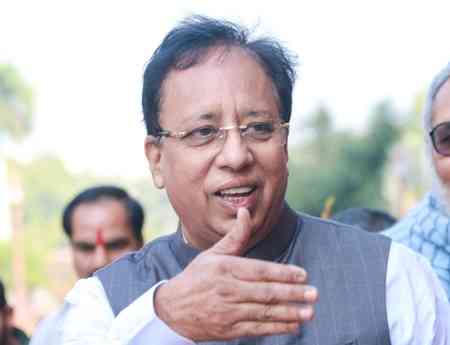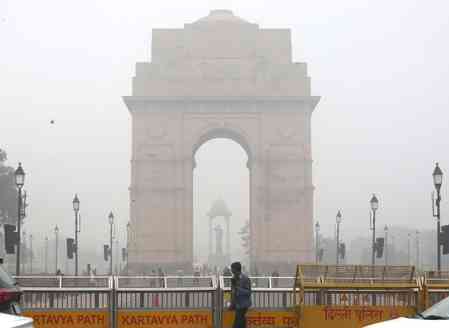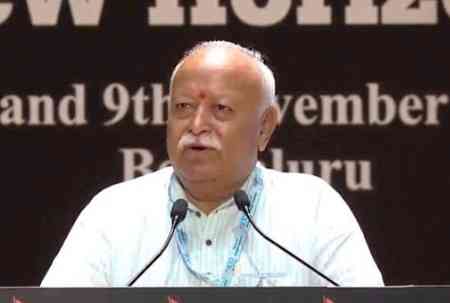13.97 lakh tonne e-waste generated in 2024-25: MoS
As much as 13.97 lakh tonne e-waste was generated in 2024-25 as compared to 12.54 lakh tonne in 2023-24, the Lok Sabha was informed on Monday.

New Delhi, Aug 11 (IANS) As much as 13.97 lakh tonne e-waste was generated in 2024-25 as compared to 12.54 lakh tonne in 2023-24, the Lok Sabha was informed on Monday.
Union Minister of State for Environment, Forest and Climate Change (MoEF&CC) Kirti Vardhan Singh, in a written reply, said the e-waste generation at national level is estimated by Central Pollution Control Board (CPCB), based on the countrywide sales data provided by the registered producers, and average life of notified Electrical and Electronic Equipment (EEE), as mandated under the E-Waste (Management) Rules, 2022.
The MoS said the Ministry has comprehensively revised the E-Waste (Management) Rules, 2016 and notified the E-Waste (Management) Rules, 2022, in November 2022, and the same is in force since April 1, 2023.
These Rules regulate 106 EEE listed in Schedule-I of the said Rules, including discarded mobile phones, computers and UPS systems.
E-Waste (Management) Rules, 2022, provide for managing e-waste in an environmentally sound manner and putting in place an improved EPR regime for e-waste recycling wherein all the manufacturers, producers, refurbishers and recyclers are required to register on a portal developed by the CPCB.
The new provisions facilitate and channelise the informal sector to the formal sector for doing business and ensuring recycling of e-waste in an environmentally sound manner. These Rules also promote the Circular Economy through the EPR regime and scientific recycling/disposal of e-waste.
Talking about safe disposal of battery waste, the MoS said, “The Ministry notified the Battery Waste Management Rules, 2022 on August 24, 2022, to ensure environmentally sound management of waste batteries.”
The Rules cover all types of batteries like Electric Vehicle batteries, portable batteries, automotive batteries and industrial batteries, said Singh.
Under the Rules, the producers, including importers, have been given mandatory Extended Producer Responsibility (EPR) targets for the collection and recycling or refurbishment of waste batteries.
The EPR framework under the Battery Waste Management Rules, 2022, prohibits the disposal of waste batteries in landfills.
The MoS said the CPCB has issued the Standard Operating Procedure (SOP) for lead acid battery recycling, specifying the measures for safe draining of hazardous fluids and their disposal and repurposing for use in other industrial processes.
A centralised online EPR portal has been developed for the registration of producers and recyclers, exchange of EPR certificates between producers and recyclers to fulfil the EPR obligations of the producer, said the MoS.
--IANS
rch/dan


 IANS
IANS 











